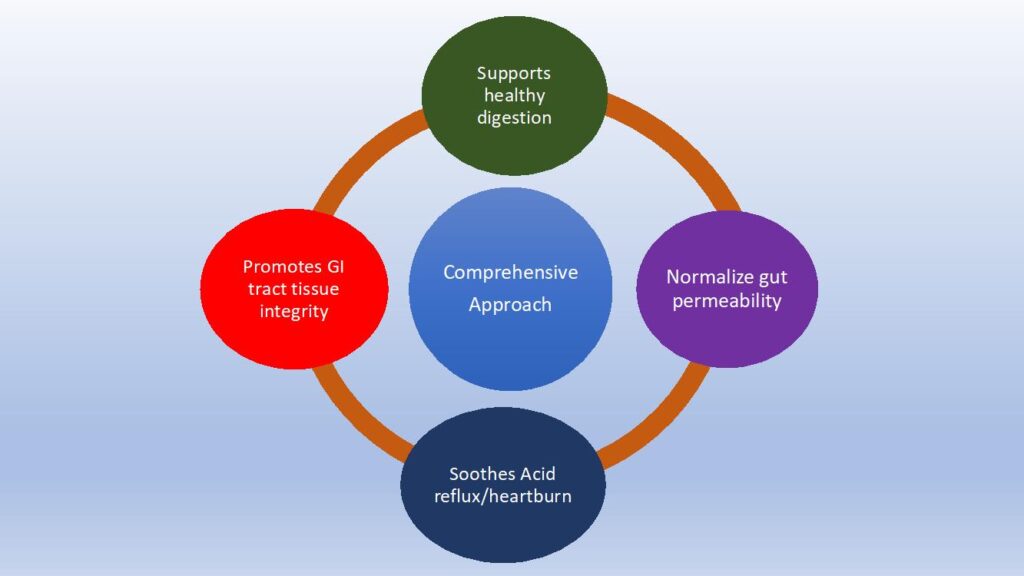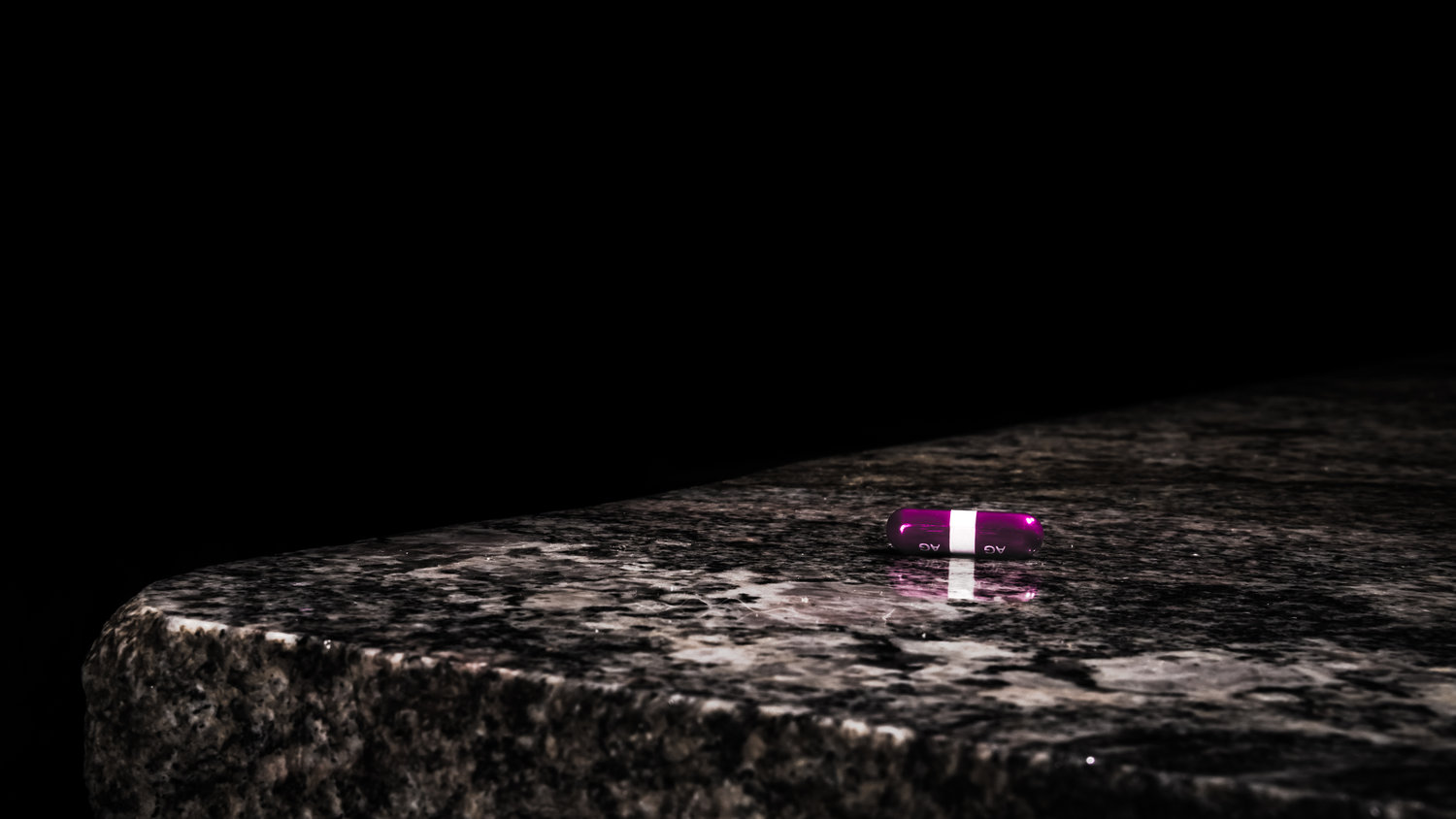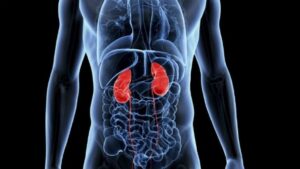In my blog on proton pump inhibitors (PPIs) a couple of weeks ago, I discussed the dangers of these drugs that are commonly prescribed for treating GERD and indigestion. Patients often ask me if there are natural alternatives to PPIs.

I recommend complete digestive support that focuses on safely alleviating symptoms and restoring digestive tract health. The goals should be to:
- Neutralize stomach acid to relieve heartburn, acid indigestion, bloating, GERD, and upset stomach.
- Support digestion and normal gastrointestinal (GI) health and response.
- Support normal GI immune and inflammatory response.
- Support normal GI tract healing, provide support and protection to the mucosal lining, enhance GI permeability health, and address leaky gut syndrome and immune dis-regulation.
- Provide optimal support for the epithelial lining of the GI tract, esophagus, throat and mouth.
- Support nervous system/digestive system connection and assist the gut, nervous system, and brain network.
- Support gum and oral tissue health.



 Proton pump inhibitors (PPIs) are among the 10 most widely used drugs in the world. In 2012, there were 157 million prescriptions written for these stomach-acid inhibiting drugs.1 More than likely, either you or someone you know is taking these medications.
Proton pump inhibitors (PPIs) are among the 10 most widely used drugs in the world. In 2012, there were 157 million prescriptions written for these stomach-acid inhibiting drugs.1 More than likely, either you or someone you know is taking these medications.